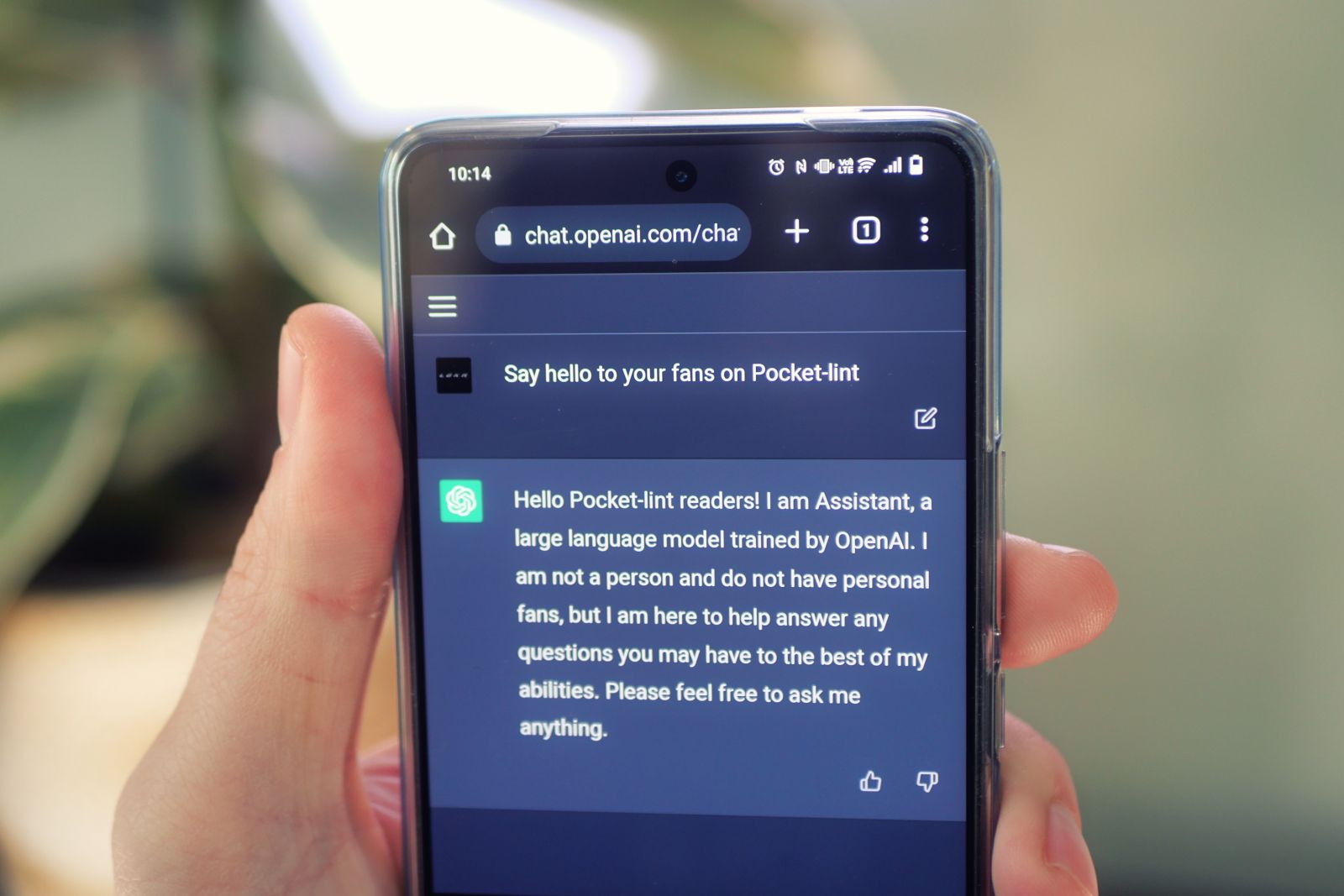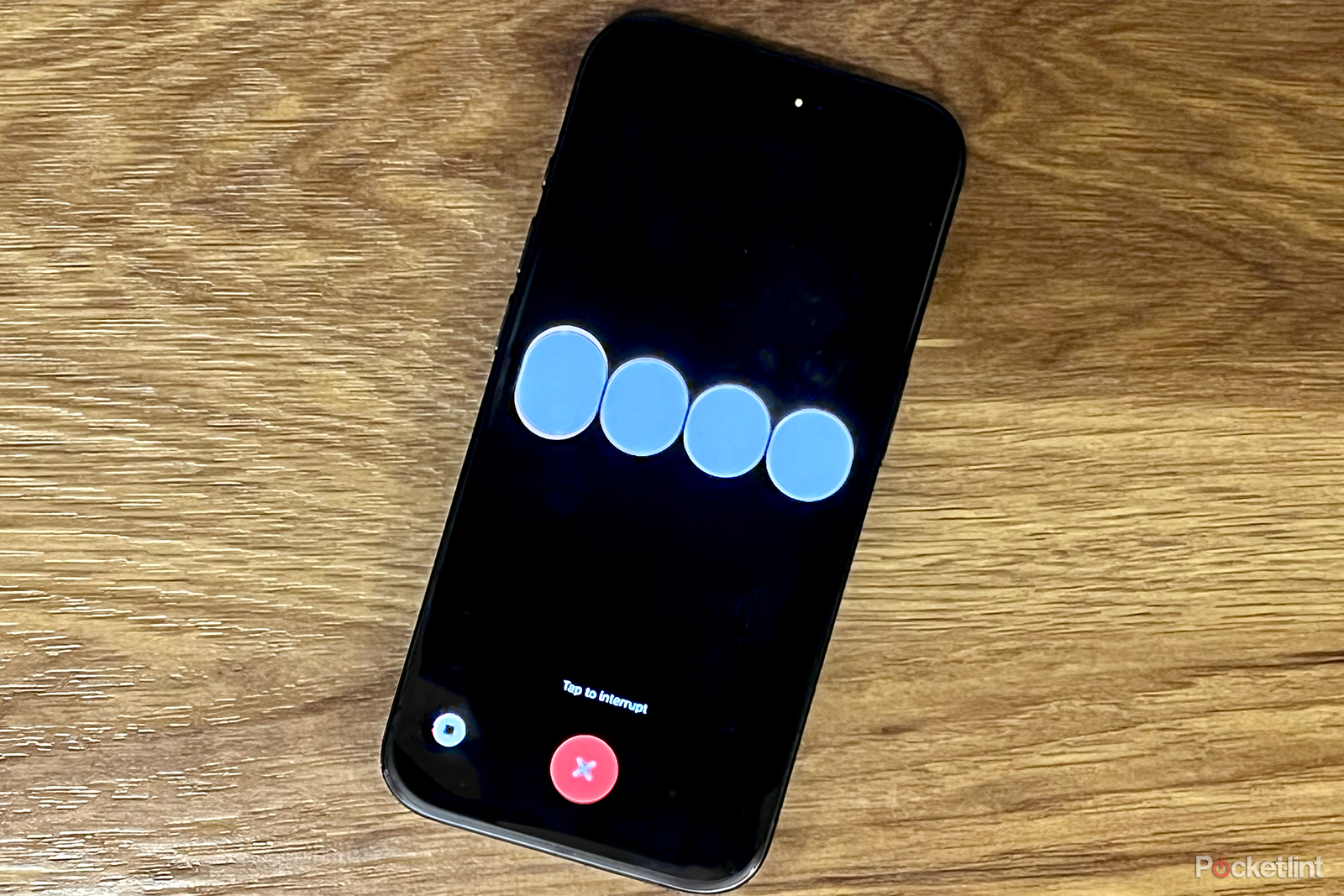Key Takeaways
- OpenAI is launching the GPT Store, a marketplace for custom GPT models created by partner developers and enthusiasts. (110 characters)
- Users can create their own GPTs without coding and share them for specific purposes like teaching or designing. (116 characters)
- GPT developers in the US will soon have the opportunity to earn revenue based on user interactions with their models. (120 characters)
You might know OpenAI best as the organization behind ChatGPT and its series of Generative Pre-Trained (GPT) AI models. In November, the company announced it would allow third-party developers to program their own GPT models — taking the large language comprehension capabilities of the base model and adding in extra prompts to converse with and guide, say, a customer toward a purchase decision or a cook to a recipe inside a publication’s database prompted by a list of ingredients. Those GPTs would be available to use, it was expected, with the launch of the GPT Store by the end of 2023.
Well, after some costly C-suite drama involving the removal and subsequent reinstatement of CEO Sam Altman, OpenAI is back to business as usual and finally ready to go with the GPT Store as well as new ChatGPT subscription tiers for non-enterprise teams.
10 ChatGPT extensions to try and what exactly they can do
Make your daily life easier by leveraging the best ChatGPT browser extensions and AI tools for personal and office activities.
What is the GPT Store?
The GPT store is meant to make GPTs from partner developers and enthusiasts available to fellow ChatGPT users in one marketplace.
GPTs
ChatGPT
GPTs are custom versions of ChatGPT that you can create for a specific purpose; to be more helpful in your daily life, at work, or at home. You can then share that creation with others.
For example, GPTs can help you learn the rules to a board game, help teach your kids math, or design stickers.You’ll be able to browse through the catalog of GPTs that OpenAI-verified makers have opted to publish to the store with sections for OpenAI-featured GPTs as well as those trending in popularity. GPTs in the store will need to follow OpenAI’s guidelines and are subject to be reported for discipline by users. Already submitted GPTs include AllTrails, Consensus, Code Tutor, Canva, Books, and CK-12 Flexi AI tutor.
No coding required
ChatGPT
Anyone can easily build their own GPT—no coding is required. You can make them for yourself, just for your company’s internal use, or for everyone. Creating one is as easy as starting a conversation, giving it instructions, and deciding what it can do, like searching the web, making images, or analyzing data. To begin making GPTs, go to chat.openai.com/create.
ChatGPT
How to find and access the GPT Store
The GPT Store is now available to ChatGPT Plus subscribers as well as those on ChatGPT Enterprise and the new ChatGPT Teams plans — we’ll talk about those in a minute. Just go to chat.openai.com/gpts to visit the GPT store from your dektop browser. For ChatGPT Team users, they’ll be able to manage and distribute their own internal-use GPTs through a private portal. Team and Enterprise account administrators will have further controls over what how internal-use GPTs are shared and which external GPTs can be installed.

How much is ChatGPT Plus and what does the ChatGPT subscription get you?
OpenAI has introduced ChatGPT Plus, a paid version of its AI chatbot. Here’s how much it costs and what it includes and how to join the waitlist.
Can you earn revenue from your GPT?
Starting later this quarter, GPT developers in the US will be able to join a revenue-earning program. Payments will be based on certain user interactions with their GPTs, the details of which will be disclosed closer to the program’s launch.
Anything else new with ChatGPT?
ChatGPT Team plan
ChatGPT
To complement its existing ChatGPT Enterprise plan, OpenAI also took the opportunity to announce a ChatGPT Team plan, catering to smaller businesses and even groups of indie devs. Much like ChatGPT Plus, teams will have access to the latest GPT-4 with Vision and DALL-E 3 models, but with a larger allotment of requests and interactions. As mentioned, they will also be able to create and share private GPTs among the group and have an administrator to control usage and distribution.
Pricing starts at $300 per user per year with a minimum of two users in a team. Monthly billing is available at $30 per user.

What you should know about ChatGPT Voice: How it works, what it can do and more
Having a voice conversion with ChatGPT is a completely different experience – and one that you really need to try.
Trending Products

Cooler Master MasterBox Q300L Micro-ATX Tower with Magnetic Design Dust Filter, Transparent Acrylic Side Panel, Adjustable I/O & Fully Ventilated Airflow, Black (MCB-Q300L-KANN-S00)

ASUS TUF Gaming GT301 ZAKU II Edition ATX mid-Tower Compact case with Tempered Glass Side Panel, Honeycomb Front Panel, 120mm Aura Addressable RGB Fan, Headphone Hanger,360mm Radiator, Gundam Edition

ASUS TUF Gaming GT501 Mid-Tower Computer Case for up to EATX Motherboards with USB 3.0 Front Panel Cases GT501/GRY/WITH Handle

be quiet! Pure Base 500DX ATX Mid Tower PC case | ARGB | 3 Pre-Installed Pure Wings 2 Fans | Tempered Glass Window | Black | BGW37

ASUS ROG Strix Helios GX601 White Edition RGB Mid-Tower Computer Case for ATX/EATX Motherboards with tempered glass, aluminum frame, GPU braces, 420mm radiator support and Aura Sync















